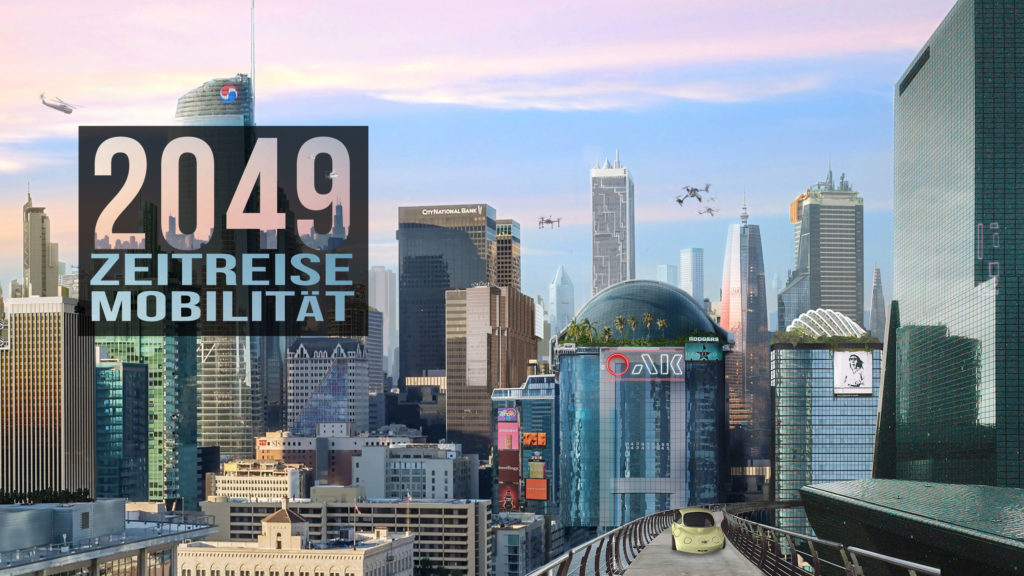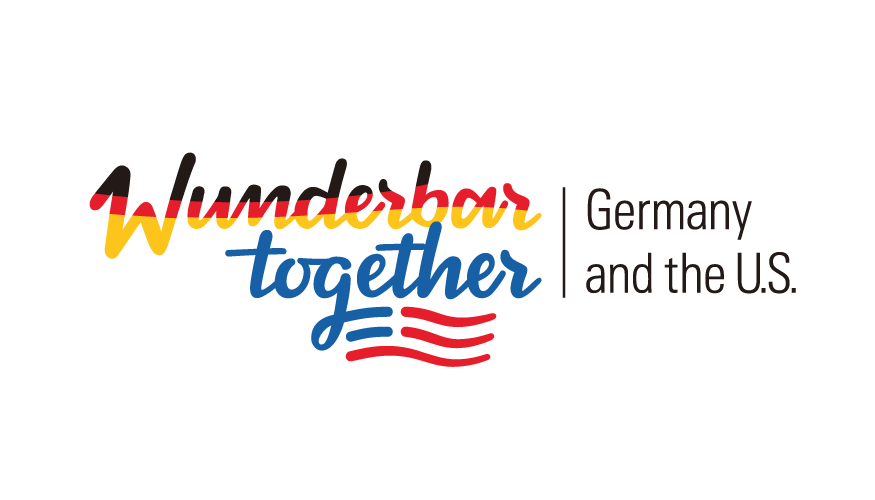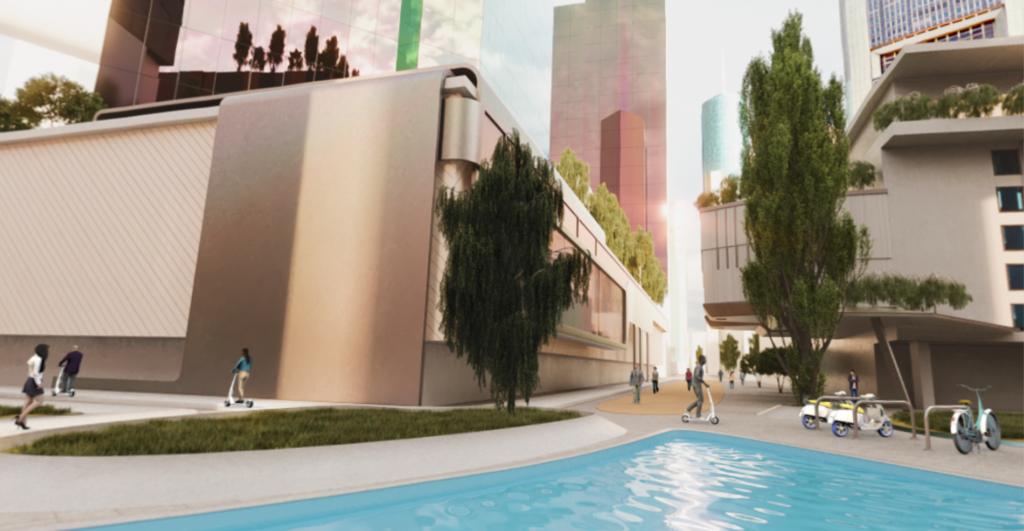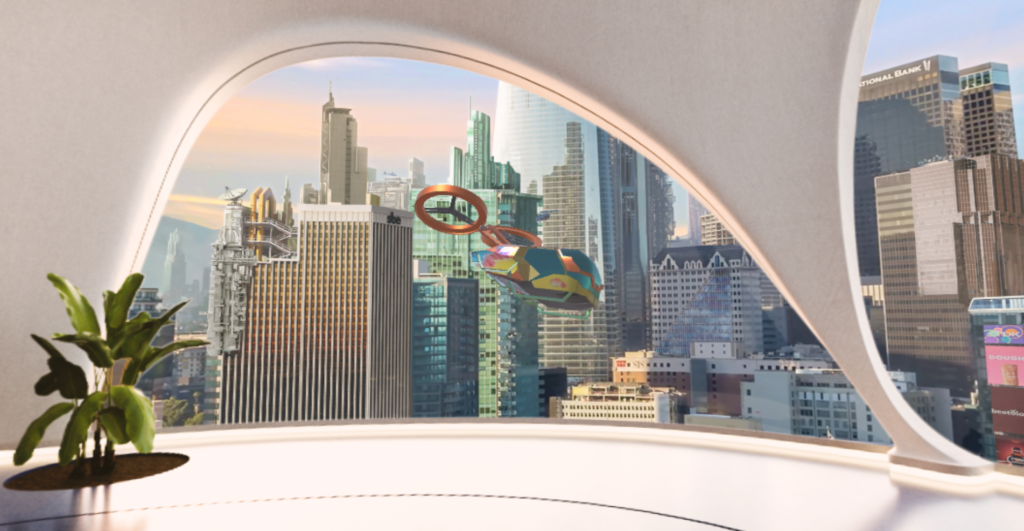“A Ride in 2049” Survey Helps Shape Future Urban Transportation Policy
2 min read
Navigating crowded city streets has become a major challenge for commuters, engineers, and, of course, those concerned about the environment. As innovative minds band together to solve these complex and often costly problems, virtual reality has become an invaluable tool for visualization — which is why it has already been adopted by industries such as vehicle manufacturing, engineering, medical, and film production. Now, this same VR technology is being used to visualize, plan, and ultimately solve mobility problems in the U.S. and Germany.
Innovation and applied research institute Fraunhofer IAO and one of Germany’s public broadcasters, Hessischer Rundfunk, have joined forces with the Harvard Graduate School of Design, the Massachusetts Institute of Technology (MIT) Senseable City Lab, and many others, to present their vision for the future of urban transportation with a publicly-accessible VR experience, A Ride in 2049. The experience was created as part of Wunderbar Together — a campaign that celebrates German-American friendship and the unique importance of relations between the two nations.
A Ride in 2049 was presented during a six-month tour at automotive and community events across the U.S. and Europe, including Boston’s The Hub Week Fall Festival 2019 from October 1-3. The VR simulation serves as a proof of concept of what the future of mobility could look like, with taxi drones in Los Angeles, autonomous cars in Chicago, and a Frankfurt without cars. For those interested in trying it out at home, A Ride in 2049 is also available for free from the Oculus store.
As Dr. David S. Ricketts, Harvard Innovation Fellow and founder of The City Innovators Forum, points out, “A VR experience like this could be a benefit for innovation research because it makes the future more tangible and comparable. People imagine different scenarios when they read and hear about the future. With VR they are able to be immersed in the experience and form real opinions. This creative new approach can provide better forecasts on where innovation will bring us and allows better insights into citizens’ perspective and future opportunities.”
A quick survey was made available to users after they “take the ride” 40 simulated years into the future. Initial results from over 1,000 virtual time travelers have already proven to be highly informative. For example, survey participants want future transportation to be mainly emission-free and safe, and are less concerned about transportation being “individual and comfortable.” The survey also found that U.S. participants are more open to futuristic transportation technology than those in Germany.
This valuable information will be used to continue research and development for the good of future mobility. Complete survey results will be published later in the year to kickstart public discourse on the subject. The future is ours to share, which means every voice and opinion matters and can help make a difference.






